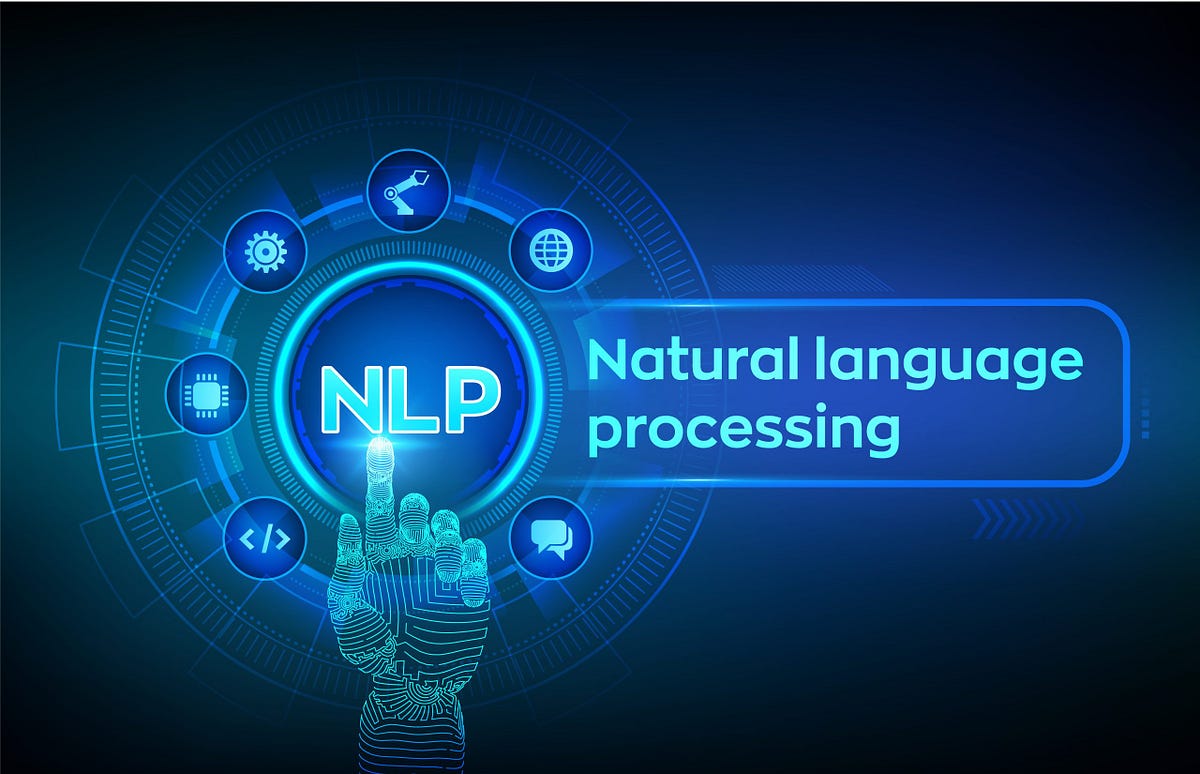What is NLP?
Natural language processing (NLP) is the use of human languages, such as
English or French, by a computer. Computer programs typically read and emit
specialized languages designed to allow efficient and unambiguous parsing by simple programs. More naturally occurring languages are often ambiguous and defy formal description. Natural language processing includes applications such as machine translation, in which the learner must read a sentence in one human language and emit an equivalent sentence in another human language. Many NLP applications are based on language models that define a probability distribution over sequences of words, characters or bytes in a natural language.
As with the other applications discussed in this chapter, very generic neural
network techniques can be successfully applied to natural language processing.
However, to achieve excellent performance and to scale well to large applications, some domain-specific strategies become important. To build an efficient model of natural language, we must usually use techniques that are specialized for processing sequential data. In many cases, we choose to regard natural language as a sequence of words, rather than a sequence of individual characters or bytes. Because the total number of possible words is so large, word-based language models must operate on an extremely high-dimensional and sparse discrete space. Several strategies have been develop ed to make models of such a space efficient, both in a computational and in a statistical sense.
How it works?
NLP might appear like magic or hypnosis. During therapy the subject goes deep into their unconscious mind and sifts through layers and layers of beliefs and perceptions to become aware of an experience in early childhood that is responsible for a behaviour pattern. NLP works on the principle that everyone has all the resources they need to make positive changes in their own life. NLP techniques are used as a tool to facilitate these changes.
#deep-learning #nlp #love #machine-learning #deep learning
